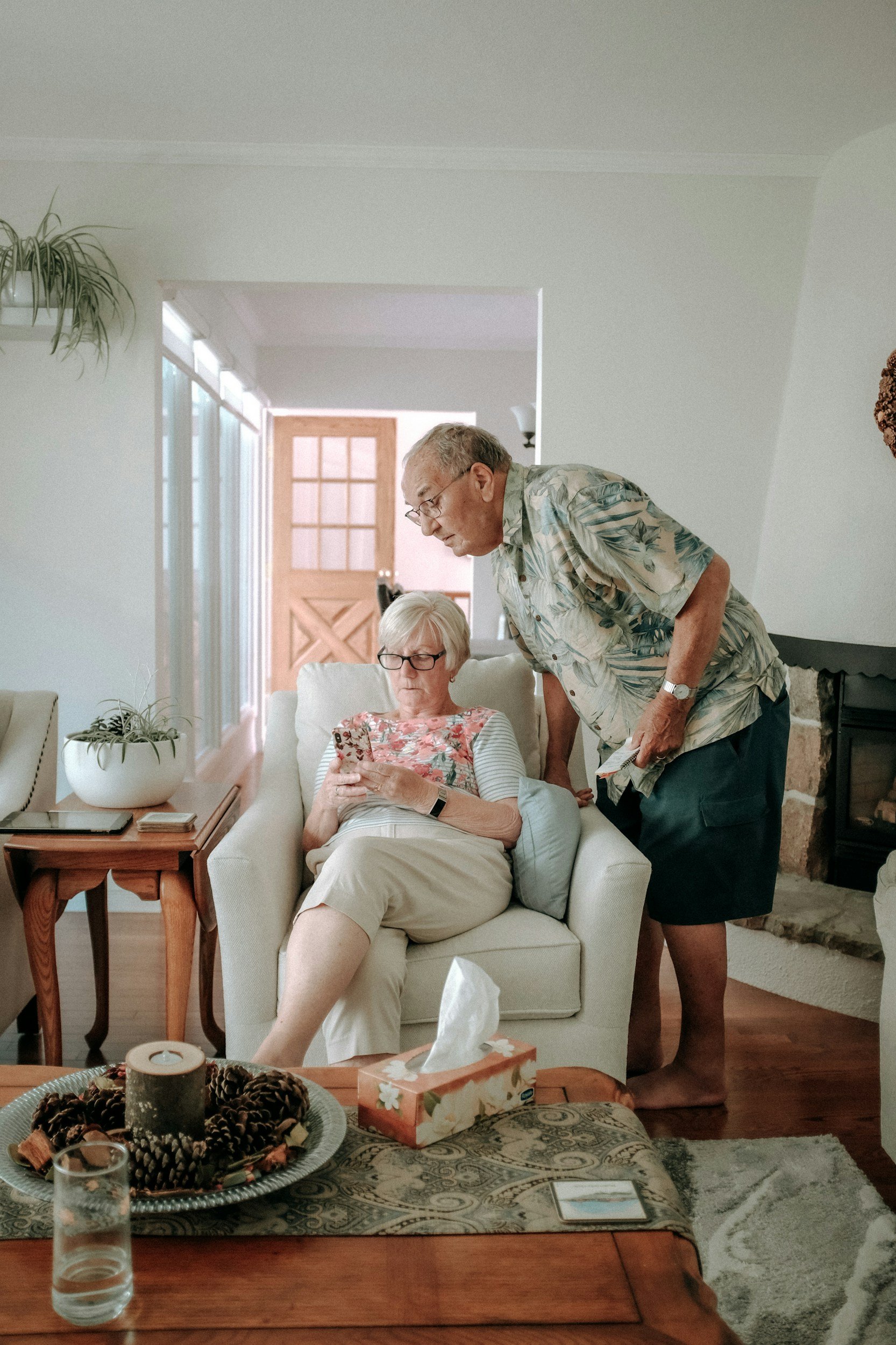

Online Counseling for Couples Arguing
What a convenient time to learn how to fight with your partner while we are stuck together due to COVID-19?! Seriously though, we are stuck together with the people in our homes and this creates many, many opportunities to learn (or put into practice) skills to have healthy conflict. I will be the first to admit, we all need the practice. Even if we weren’t legally ordered to stay at home with our families, it’s probable that you’re going to have disagreements on how to navigate through this time.

Online Counseling for Infidelity
Many people fall into one small problem: showing up to a counselor’s office isn’t an option right now, for whatever reason. Maybe you or your partner travel for work and are gone for most weeks out of the year. It could be possible you have children and it’s not possible to drive into the office or there is no one to come to the house to watch the kids. For the most common right now, maybe there is a global pandemic occurring and counselors are only seeing clients via telehealth. Whatever it may be, you can still do the work.

How to Handle Someone Not Listening
Ever leave a conversation with your partner feeling not listened to? What about feeling defeated? Pissed? Misunderstood? If you have walked away from a conversation feeling like nothing you said mattered, that feels terrible! We all have been the one feeling defeated and the one who’s not showing off their good listening skills.

When We Disagree on Parenting Styles
Let’s face it: kids are both wonderful and enlightening little humans. Their arrival into the world can bring chaos, crying, and sleepless nights; but also insight and perspective. They say that one of the most challenging stressors in a relationship is having a child. This may sound like a “well duh!” statement, but it’s easy to forget when its your own child.

How to Deepen Love
Time for the big question. How do you deepen love? Maybe you’ve been in that new love which is full of passion and excitement, and now it’s settling down to the more dependable (and dare I say mundane) type of relationship. Maybe you’ve been married for 15-years and you love your partner, but you also feel lonely and wish for a stronger connection. Maybe you’ve never felt a deep type of love and wonder how others manage to feel that way. No matter what…

What is Premarital Counseling Like?
Premarital counseling is one of the many services offered by our team at The Counseling Hub! As you may know, we specialize in individual counseling and couples therapy or marriage counseling. Premarital work definitely falls under the couples therapy or marriage counseling umbrella, but it’s slightly unique than other types of couples work that we do, and here’s why.

PFLAG: The Parent’s Process
Wow. This is hard. Or maybe it’s not. But, it’s probably hard. If your child has recently come out as identifying on the LGBTQ+ spectrum, you might have said this is hard to yourself. Although we desire our children to grow up and live the way that feels right for them, we also create certain aspirations for them.

Demystifying the Process: What to Do With Bad Therapy
It might be shocking to read (and hard to admit), but there are some therapists that won’t be a good fit for you or the right counselor for what you need. There might even be some therapist who you think do “bad therapy!”
